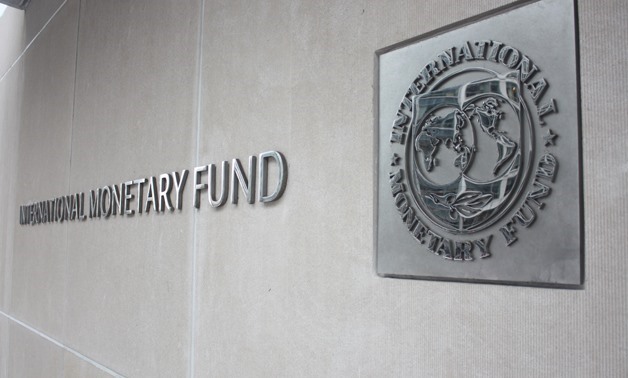
International Monetary Fund (IMF) - CC Wikimedia
CAIRO - 6 April 2019: The International Monetary Fund (IMF) reported that Egypt's total public debt is projected to continue to shrink to about 74% of the gross domestic product (GDP) by 2022/2023 given the implementation of the economic reform program.
The figure is expected to be driven by the recovery of tourism, construction, expansion in the gas extractives and investment sectors and proceeding with the implementation of strong structural reforms.
In its statement released on Saturday on the fourth review of Egypt's Extended Fund Facility arrangement, the IMF said that the country's economic growth is still expected to reach 6 percent in the medium term.
Meanwhile, Egypt's inflation rate is expected to range between 13 and 14% by the end of the current fiscal year, the IMF added.
Monetary policy remains anchored by the medium-term objective of bringing inflation to single digits. The recent pick-up in headline inflation reflected temporary increases in food and energy prices, but a restrictive monetary policy stance has helped to reverse the increase and keep core inflation well anchored.
The authorities have taken important steps to deepen the foreign exchange market and allow greater exchange rate flexibility, including by eliminating the repatriation mechanism.
While the outlook remains favorable, a more difficult external environment poses new challenges as global financial conditions have tightened. Egypt has successfully weathered recent capital outflows, but consistent policy implementation will be essential to further strengthen policy buffers, including by containing inflation, enhancing exchange rate flexibility, and reducing public debt.
Egypt embarked on a bold economic reform program that included the introduction of taxes, such as the value-added tax (VAT), and cutting energy subsidies, with the aim of trimming the budget deficit.
The country floated its currency in November 2016 before it clinched a $12 billion loan from the International Monetary Fund (IMF).
Comments
Leave a Comment